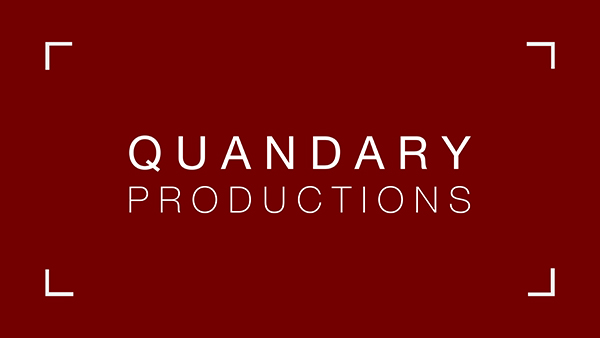[Finding your motifs, themes, creative voice]
Something commonly overlooked when teaching takes place in film schools is how to be yourself, or specifically to express you in your work, more than simply repeating what others have done before. Of course learning techniques is essential (a great example being the early work of Picasso, which was replication of other masters work in order to master technique – this all taking place before the work that we now remember as “Picasso“), but to learn not to be scared to create as you, rather than make what you think you should be making is glaringly obvious when you look at any amateur work.
From 2009-2011 I didn’t feel like I knew specifically why I was making films, other than knowing it’s what I loved and felt compelled to do. During that time, the three feature films we released were all merely okay, but not particularly reflective of me or my outlook, at least not to the same degree as films 4, 5, and 6. It wasn’t until I acknowledged that key elements, or truths, from my life were missing from the films that the films started to gradually improve, and my creative voice started to take shape.
Firstly it was important to step back and recognise that the technical side needed to be improved, so naturally picking apart what wasn’t working was the logical step to making that improvement. But how do you improve the content, the core, of your work – the thing that it really is? You have to look within, at who you are, how you arrived at this point right now, what moments or people or thoughts have marked your life the most, and as such, are most likely the things you probably want to express (however subconsciously) most. Around the time of our fourth film ‘Narcissist‘ I took the time to consciously psychoanalyse myself – this is essentially all the creative process is if you do it right – and by the end of that process came to realise that speaking truthfully through your work was all that really mattered.
So what are key motifs, themes, images, that form my creative voice, by way of example?
Ego and Death
The most important theme for me is this. Specifically how you and every person you ever meet, know, or care about, will one day die, and the natural barriers we put up to distract and protect ourselves from that fact. Its not my intention to be morbid in my work, quite the opposite, instead creating (hopefully at least) Memento Mori – in which those who see the work are reminded to make the most of their time while they still have it, and to be conscious of their actions. Creating protagonists that hide behind a persona, slowly losing that protective-ego version of themselves to find essential truths is therefore this idea in action on-screen.
Mentors, Miscommunication and Self-awareness.
My past three feature films have been forms of metafiction to some degree. ‘Narcissist‘ being the most glaringly obvious, albeit in a very tongue-in-cheek way, in which I play an image of myself, a narcissist, recreating scenes and moments from a life, reflecting on the deepest depths, unlikeable or otherwise, and the projected, outer/persona elements that people perceive to be you. In ‘Time and Place‘ the film itself self-reflects and crumbles in the final moments, before attempting to wake you with the final cut, to remind you of your own place, outside of what you just watched. And finally ‘MUTE‘ – a character (spoiler) played by me, who dies in the opening scene which then narrates the rest of the film; and with a final image looking out, from within the film itself, at an audience. These have all been varyingly successful in this regard, and work on simpler levels of storytelling also, but that self-awareness is glaringly inherent in me as a person, and as such, I felt, had to be reflected in the work itself. As for miscommunication? Well, you probably hadn’t even considered any of that (unless you are one of two people who brought it up to me, querying whether that was what I was doing).
With that in mind it’s not been until writing our latest feature film – ‘ANHEDONIA‘ that I’ve felt the I’m doing more than simply using a (meta-)technique; creating instead something that expresses more intuitively, or emotionally, which not only has a purpose but concisely communicates something to a person or group of people. I have a very clear idea of who I am, for better or worse, and this next film is the most distilled expression of everything I’ve felt, experienced and want to say.
Image and Absence
Though this ties in with Ego and Death somewhat, what lies beyond the material/image is something that has fascinated me most for quite a while. In life there are many things that don’t get confronted directly, some being a taboo to ever discuss. With regards to film you can explain what you think you’ve seen but there’s always more going on. Sometimes what you don’t say or show can come out in unexpected ways – in life and in film. That said (especially with regards to what takes place in ‘ANHEDONIA‘) what’s most been on my mind has been the idea of the metaphysical / how the map is not the territory / how you can never get past a certain point of seeing, when trying to get beyond – a person, a place, a belief – what is shown is accepted as is, but I believe there’s always more, and that’s something to cherish.
As a character in the next film says: “Some people, when they look, all they see is darkness”; occasionally something can come from that nothing though.
